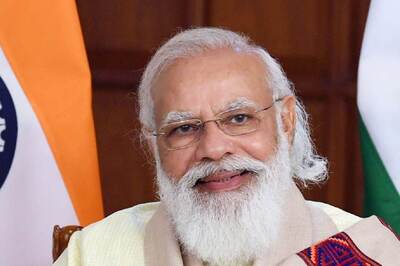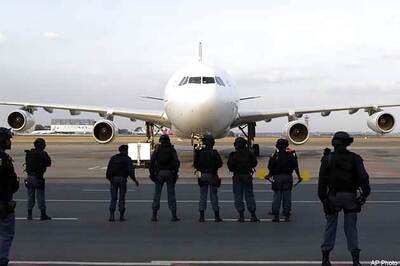
views
Dhaka: Bangladesh is now wooing Pakistan's Dawood Group after keeping in abeyance proposals worth $3 billion from India's industrial giant Tata saying the current political climate was ‘not conducive’.
Dawood Group's proposal for investments in fertiliser, energy and infrastructure development sectors is worth a tenth of Tata's at $300 million, The Independent newspaper said.
Bangladesh's Board of Investment (BoI) Executive Chairman Mahmudur Rahman, who is also the government's energy advisor, has left for Pakistan to work out the details, hoping to double the investment volume.
Rahman said the investment environment in Bangladesh was ‘now excellent’.
Originally mooted at $2 billion, the Tata proposal was discussed for two years before the group was told that this being ‘election year’ the situation did not permit decision-making by the political leadership.
It was best left to the new government that would take office after the parliamentary polls due later this year.
Alan Rosling, who headed the Tata team for investment in Bangladesh, has since returned to Mumbai and taken charge of a project to be executed in Britain.
The Pakistani company has already submitted an investment proposal to the BOI, Rahman said.
Meanwhile, the BDNews news agency said Bangladesh and Pakistan were to discuss a free trade agreement (FTA).
The first meeting of the Bangladesh-Pakistan Joint Business Council, expected to kick off in Dhaka next week, would give priority to issues relating to signing of an FTA between the two countries.
"Signing of a free trade deal would top the agenda of the meeting to be held on Aug 27. Both the governments concerned have agreed to ink the deal by September," Mir Nasir Hossain, president of the Federation of Bangladesh Chambers of Commerce and Industry (FBCCI), was quoted as saying by The Independent.
The two countries are keeping to the deadline of September 30 set during the visit of Prime Minister Khaleda Zia to Pakistan in February this year.
Hossain said the council would discuss about selection of commodities that would come under the trade pact. "We would also talk about elimination of existing non-tariff barriers (NTBs)," he said.
"The plans to raise bilateral trade target to $1 billion were being hampered by the absence of a direct shipping line between Chittagong and Karachi," Hossain said.




















Comments
0 comment